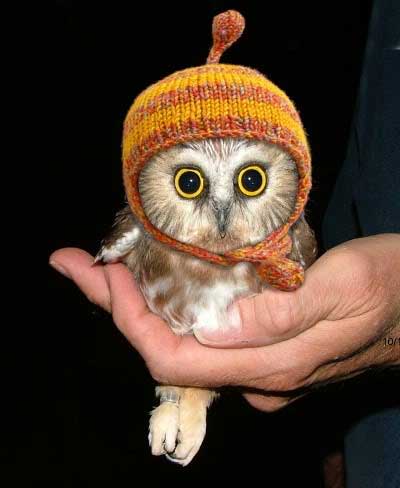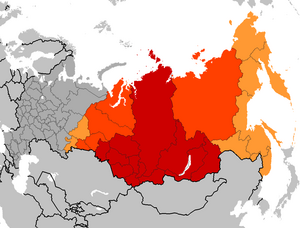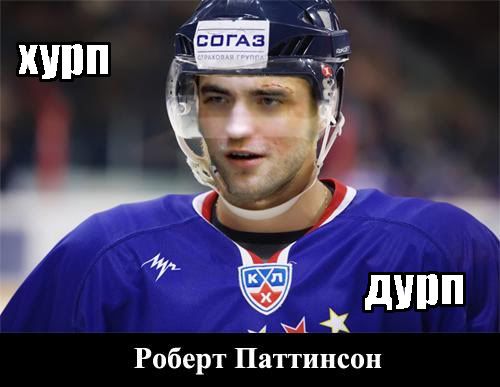
For this blog I am taking a brief departure from my usual discussion on Russian music history to take a look at the books I have recently read by author Aleksandr Isayevich Solzhenitsyn.
Solzhenitsyn was a recipient of the Nobel Prize in 1970 for his book "A Day in the Life of Ivan Denisovich". Having read this particular work of art, I can attest to the gripping accuracy of the perspective from which the novel is told. Although it is a fictional account it is easy to see that Solzhenitsyn has drawn from his own personal collection of true stories to explain to a reader the typical days events for a prisoner in the Gulag. From morning to night the reader is captivated by the no frills play by play description of what Ivan Denisovich feels, what he eats, what is expected of him, what the punishments are for failure to live up to said expectations, and details as to the sort of things prisoners do to survive. What is most refreshing is that the book does not demand pity from the reader, although one may naturally feel pity for the harsh conditions these often innocent human beings had to endure. Instead it is honest in that he reveals life of a prisoner including the decent parts. For example, Ivan's work crew leader is a man who does not take advantage of his authority to be unjustly cruel to his underlings. When in fact he is given his extra leader's rations, he gives it to Ivan who he recognizes for his efforts to make life easier for the whole crew.
Another book I strongly recommend by Solzhenitsyn is "Cancer Ward". This book is also drawn from the author's personal experiences, having been admitted to the cancer ward following his exile. "Cancer Ward" is told from the perspective of the male patients as well as their nurses and doctors in an Uzbekistan clinic of 1955 post-Stalinist Soviet Union. Each of the patients come from completely different backgrounds but each is equal in that they are all at the mercy of death by tumors. Some patients in particular are given more of a voice then others. For example a main conflict in the novel is the juxtaposition between "personnel officer", Pavel Nikolayevich Rusanov, and exiled war veteran, Oleg Kostoglotov. Rusanov is portrayed as a dedicated and corrupted man typical of the Soviet Union Authority. The reader is both disgusted and often amazed by his complete denial of the horrors of the Stalinist purges in which he himself played important roles in condemning his personal foes to labor camps for dubious crimes. Although he is pompous and ridiculous one almost feels pity in that he is so fragile in character and incapable of adapting to the changing world in which the political leaders of his hay day are now on the fall. His complete opposite, Kostoglotov (apparently meaning "bone chewer") is a man who has been thoroughly dragged through the mud of the Soviet Union. Having fought in the great war he was purged to the labor camps in the Gulag for trumped up charges of treason (he was a German POW) and later exiled indefinitely to the steppes. Kostoglotov is a charming character who is without any real feeling of obligation to his government. Thus he often antagonizes Rusanov and challenges his self righteous ideas. The men in the Cancer Ward each have their own story to tell, their own fears, and their own personal relationships which all culminate in this most excellent story.


















